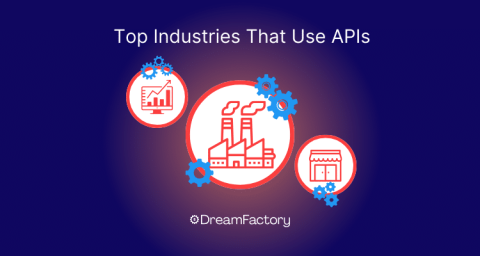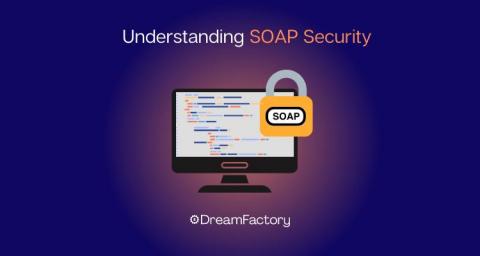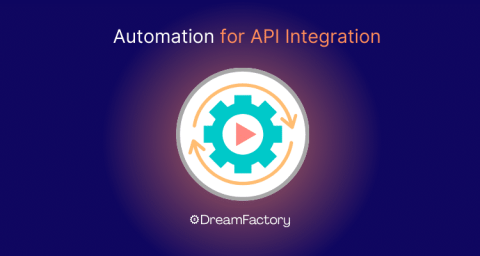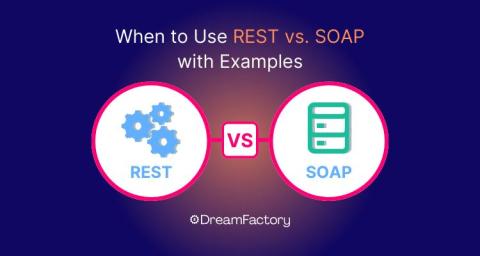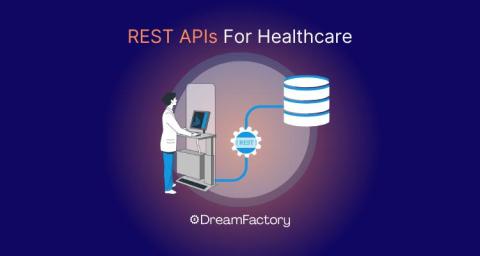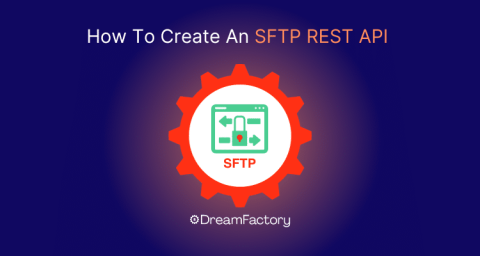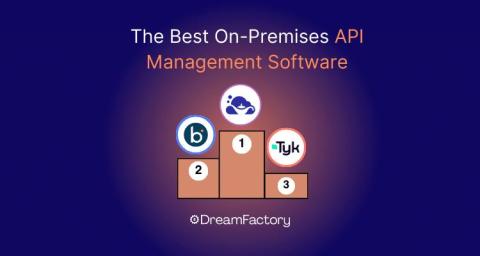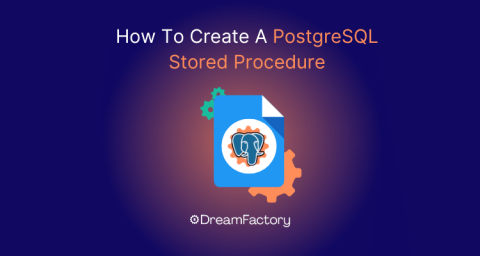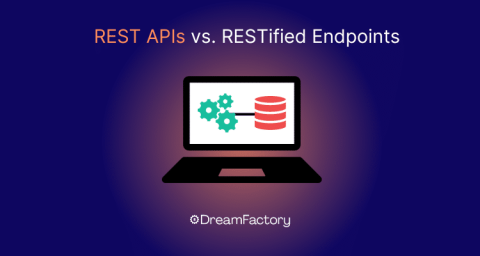The Industries That Use APIs and Why They Matter
Most organizations are prioritizing digital transformation to remain competitive. To achieve this competitive advantage, the use of application programming interfaces (APIs) is skyrocketing — and not just among tech companies. Today, there are many industries that use APIs, some of the most prominent ones are E-commerce, healthcare, government, manufacturing, and financial services.


